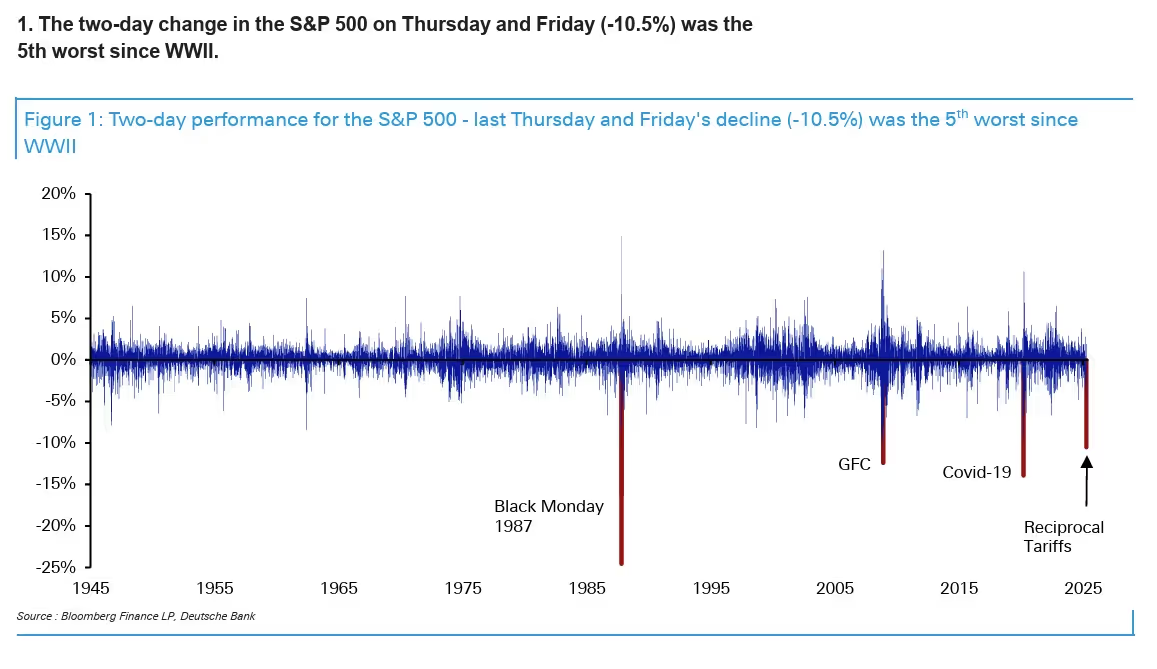
This is what happens when ChatGPT knows you too well…
Over the weekend, I had a very unfortunate adventure:
- 10 hours standing still on the motorway.
- Car broke down right after.
The last thing I wanted was to get stuck again.
So I did what any AI person would do:
I asked ChatGPT to troubleshoot my car 😅
(Un)surprisingly, GPT was extremely helpful.
Thanks to its suggestions, I managed to crawl the remaining 200km to my destination.
But this is what surprised me the most:
Mid-conversation, GPT casually suggested that this adventure is also a "personal brand win", perfect content for LinkedIn!
Now imagine me, after 10 hours in traffic, sitting in a half-dead car, thinking:
Yeah, let me definitely open LinkedIn right now. 😂
And yet, here I am haha
GPT knows me too well!
In the end, I made it to my destination but the car didn’t go much further.
Maybe its advice wasn’t that good after all 😅.














